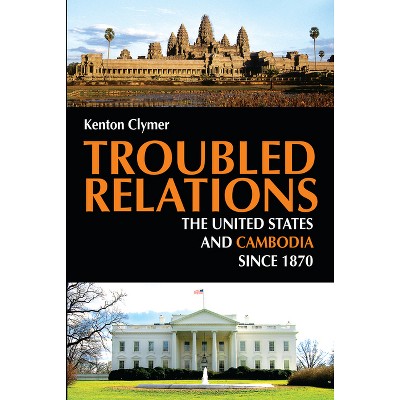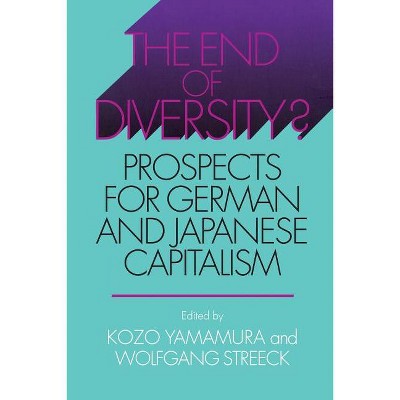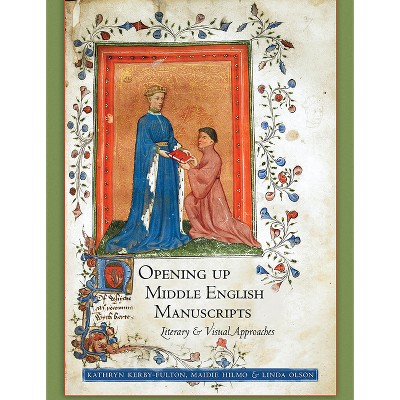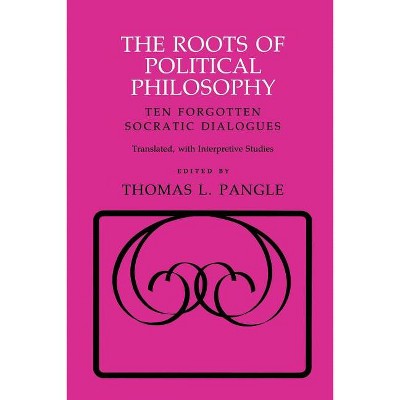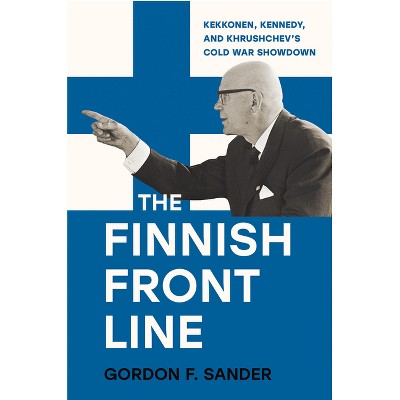About this item
Highlights
- In 2012, Barack Obama became the first U.S. president ever to visit Myanmar, formerly known as Burma.
- About the Author: Kenton Clymer is Distinguished Research Professor of History at Northern Illinois University.
- 424 Pages
- History, United States
Description
About the Book
In 2012, Barack Obama became the first U.S. president ever to visit Myanmar, formerly known as Burma. This official state visit marked a new period in the long and sinuous diplomatic relationship between the United States and Burma/Myanmar, which Kenton Clymer examines in A Delicate Relationship.
Book Synopsis
In 2012, Barack Obama became the first U.S. president ever to visit Myanmar, formerly known as Burma. This official state visit marked a new period in the long and sinuous diplomatic relationship between the United States and Burma/Myanmar, which Kenton Clymer examines in A Delicate Relationship. From the challenges of decolonization and heightened nationalist activities that emerged in the wake of World War II to the Cold War concern with domino states to the rise of human rights policy in the 1980s and beyond, Clymer demonstrates how Burma/Myanmar has fit into the broad patterns of U.S. foreign policy and yet has never been fully integrated into diplomatic efforts in the region of Southeast Asia.
When Burma, a British colony since the nineteenth century, achieved independence in 1948, the United States feared that the country might be the first Southeast Asian nation to fall to the communists, and it embarked on a series of efforts to prevent this. In 1962, General Ne Win, who toppled the government in a coup d'état, established an authoritarian socialist military junta that severely limited diplomatic contact and led to a period in which the primary American diplomatic concern became Burma's increasing opium production. Ne Win's rule ended (at least officially) in 1988, when the Burmese people revolted against the oppressive military government. Aung San Suu Kyi emerged as the charismatic leader of the opposition and was awarded the Nobel Peace Prize in 1991. Amid these great changes in policy and outlook, Burma/Myanmar remained fiercely nonaligned and, under Ne Win, isolationist. The limited diplomatic exchange that resulted meant that the state was often a frustrating puzzle to U.S. officials.
Clymer explores attitudes toward Burma (later Myanmar), from anxious anticommunism during the Cold War to interventions to stop drug trafficking to debates in Congress, the White House, and the Department of State over how to respond to the emergence of the opposition movement in the late 1980s. The junta's brutality, its refusal to relinquish power, and its imprisonment of opposition leaders resulted in public and Congressional pressure to try to change the regime. Indeed, Aung San Suu Kyi's rise to prominence fueled the new foreign policy debate that was focused on human rights, and in that climate Burma/Myanmar held particularly large symbolic importance for U.S. policy makers. Congressional and public opinion favored sanctions, while U.S. presidents and their administrations were more cautious. Clymer's account concludes with President Obama's visits in 2012 and 2014, and visits to the United States by Aung San Suu Kyi and President Thein Sein, which marked the establishment of a new, warmer relationship with a relatively open Myanmar.
Review Quotes
[A]n enormously well-researched, clear, and cogent study of postwar American relations with Burma/Myanmar.... Clymer's work is free of the theoretic approaches (such as Orientalism) that underpin so much recent international history. By revealing, through painstaking multiarchival research and excellent narrative skills, the layered intricacies coloring this "delicate" relationship, Clymer also demonstrates the limits of any such broad essentializing.
--Edmund F. Wehrle "Journal of American History"Clymer has trolled deeply in the National Archives and Records Administration in College Park, Maryland, among the old monsoon-scented boxes from the Rangoon/Yangon embassy, among former presidents' papers, and in archives in Australia and Britain. His footnotes alone are a gold mine for scholars. He must have chosen many boxes to search, and he must have been selective in the sources he included, but I can see little ground for a protest that x is missing or that y should have been treated. He also held background conversations with important informants. It is important to recall how troubled and static the American-Myanmar relationship has been at times since 1948, restricted by the scarcity of Americans who had knowledge of and interest in the country, and restricted by the stone wall built up by various military governments. This important book provides an excellent account of this delicate relationship, using both confidential sources (including in the Myanmar National Archives) and Clymer's on-the-ground sensitivity. There appears to be no book with a historic sweep comparable to Clymer's. Clymer's fine book is not simply an archive-in-our-hands. It offers evidence and insight into one of the world's incongruous relationships. As the radius of the new Myanmar's influence grows and its peoples search for a more inclusive economy and more just society, Clymer's work will be the basis of a renewed understanding of this delicate relationship, enabling others to build upon it.
--Robert Anderson "H-Diplo, H-Net Reviews"Clymer provides a strong analysis with a well-constructed historical narrative that pauses to give deeply insightful attention to particularly important episodes in the U.S.-Myanmar relationship. This important book is essential reading for everyone interested in Myanmar, from researchers, NGO workers, and members of the diplomatic service to the lay public.
--Michael Charney "Diplomatic History"Despite the fact that Myanmar occupies an important geographical space, it is understudied, little understood, and challenging to write about. It has been relevant to U.S. foreign policy, but the relationship between the two countries has hardly been explored. Kenton Clymer's A Delicate Relationship: The United States and Burma/Myanmar since 1945 aptly addresses this void.... All told, A Delicate Relationship is an impressive work that will enable scholars to better understand the complex and changing relationships between Myanmar and the U.S.
--Stephen L. Keck, Emirates Diplomatic Academy "American Historical Review"With this rich and dense monograph, Clymer.... has probably produced the most meticulous archival research on the relationship the United States has attempted to build with Burma/Myanmar since 1945.
About the Author
Kenton Clymer is Distinguished Research Professor of History at Northern Illinois University. He is the author of several books, including Troubled Relations: The United States and Cambodia since 1870, Protestant Missionaries in the Philippines, 1898-1916: An Inquiry into the American Colonial Mentality, and Quest for Freedom: The United States and India's Independence.







